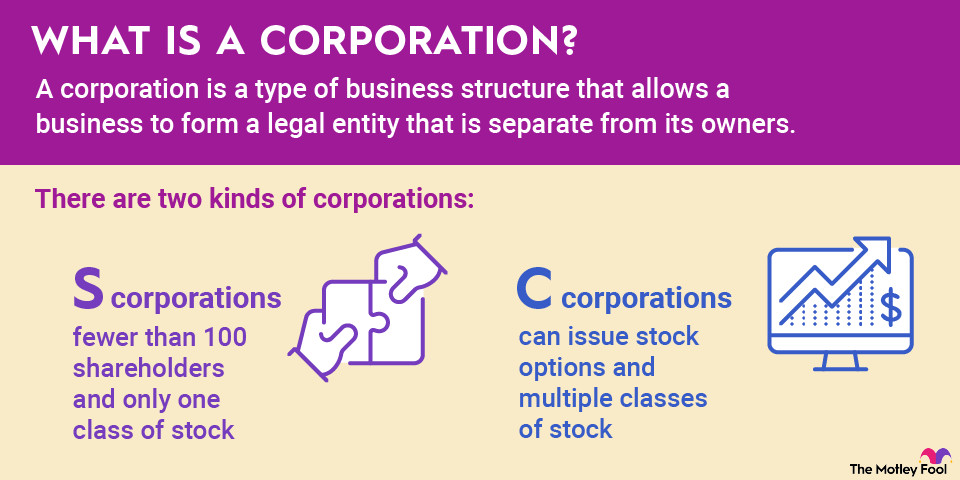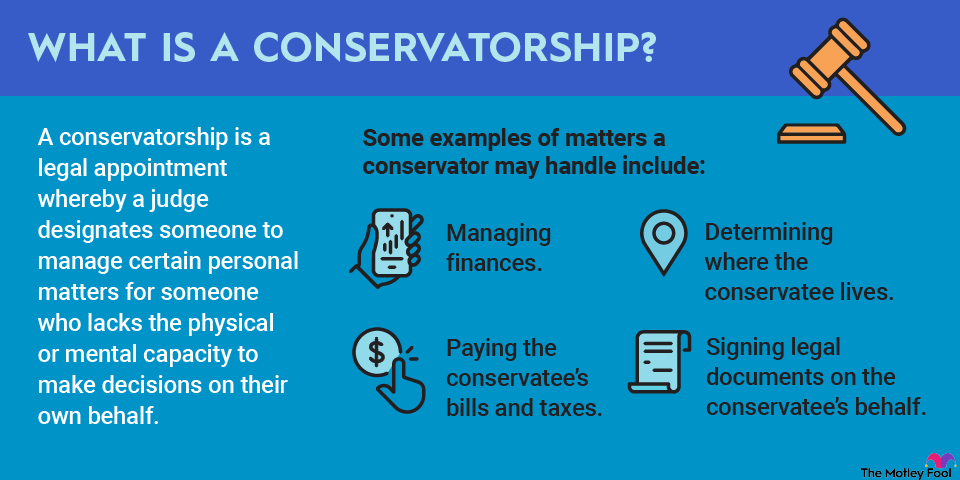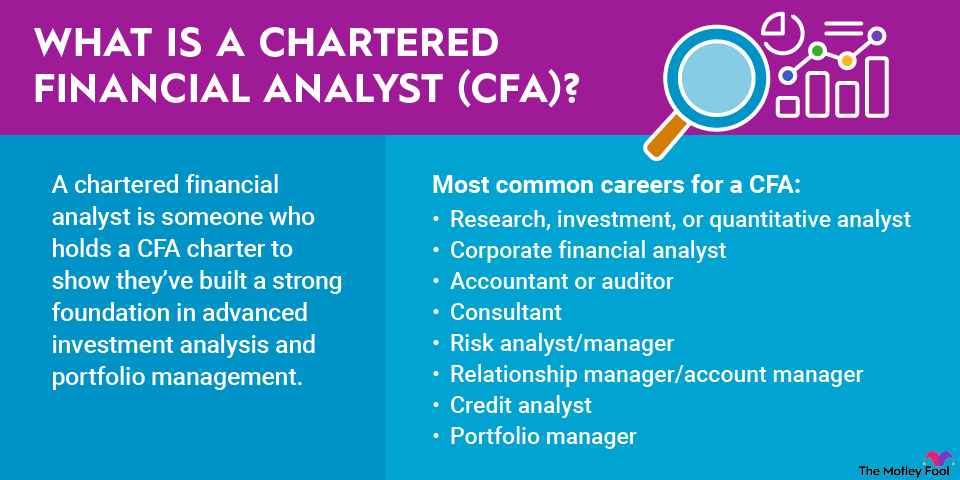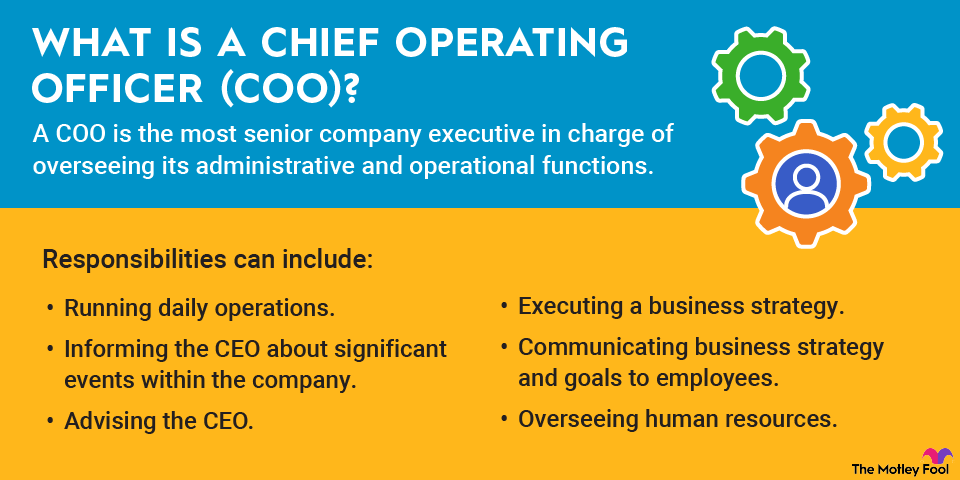The word corporation might be synonymous with big business to most readers, but there’s more to the concept than that. A corporation is a type of business structure that allows a business to form a legal entity that is separate from its owners.

What is a corporation exactly?
Any business has to choose a structure when it forms. There are a number of options for business ownership and structure, including sole proprietorship, partnership, limited liability company (LLC), and corporation.
A corporation is unique because it allows a group of people to act as a single entity and is recognized as such under the law. According to U.S. law, a corporation has many of the same rights as a person, and some have referred to a corporation as a “legal person.” The 2010 Citizens United Supreme Court case helped popularize the notion that corporations are people.
What are the pros and cons of a corporation?
Every business structure has its own advantages and disadvantages, and choosing the right one for your business is not always so easy.
One of the biggest advantages of a corporation is that they offer personal liability protection. Say you own a store, and someone has an accident inside. Your personal assets aren't at risk if they decide to sue you because the corporation is a separate legal entity.
Liability
Having a corporation also makes it easy to raise capital, including by selling equity, and the corporation has a built-in management structure, including a board of directors, a CEO and other C-suite officers, and shareholders. Corporations also have rights like due process and free speech.
There are a number of drawbacks to the corporate structure as well. They are generally considered the most complex business structure, involving more paperwork than other options, and they’re also more expensive due to filing fees.
Additionally, corporations have to pay double taxation, which means that the corporation is taxed on its profits, and shareholders must then pay taxes on their own share of the profits earned from dividends and capital gains.
There are also stricter regulations on corporations, and the government requires that they follow conventions like shareholder meetings, board of directors meetings, and keeping records of pertinent events, which become a direct cost to running the business.
What kinds of corporations are there?
There are two kinds of corporations: S corporations and C corporations.
An S Corporation is something like a hybrid between a sole proprietorship and a corporation; they must have fewer than 100 shareholders, only one class of stock, and are not subject to double taxation since each shareholder pays their own taxes. An LLC is also allowed to request to be taxed as an S Corp.
A C Corporation is what most investors think of as a corporation and provides the features that make it easy for a company to raise money and attract investors. C corporations can issue stock options and multiple classes of stock, helping to retain voting rights for founders. Stock options can also help attract talent. C Corps also have perpetual existence, meaning it’s easy to transfer ownership if the owner dies. C Corps also must hold annual shareholder meetings and take notes at them.
Related investing topics
What’s a good example of a corporation?
A publicly traded company offers a good example of a corporation. Publicly traded companies exhibit both the pros and cons of a corporate structure.
The double taxation issue has long been a thorn in the side of publicly traded companies and is one reason some corporations prefer to return capital to shareholders through share buybacks instead of dividends.
However, these companies also take full advantage of the benefits structure since issuing multiple classes of stock is typical, especially in the tech sector, where companies often seek to protect founders or insiders with higher-voting shares. Similarly, the ability to sell options, restricted units, and other types of stocks is an asset in paying employees.
Corporations also take advantage of their ability to use the court system; lawsuits between publicly traded companies are certainly not unusual.
The core component of a corporation -- that it’s its own legal entity -- has been around for hundreds of years, and it’s one reason the U.S. stock market has flourished over the years. The current structure of the corporation looks likely to continue for hundreds more years, and it’s sure to help propel bull markets in the future.

















